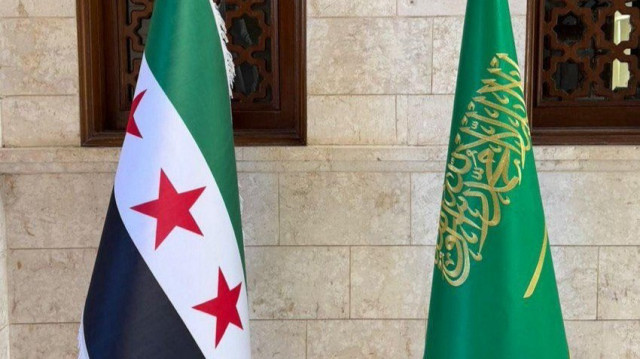Saudi Arabia and Syria Sign Historic Agreement: Details of the New Economic Vision

Among the most prominent clauses of the agreement is mutual legal protection for investments against non-commercial risks, as well as tax and customs facilitation for investors in both countries, with the establishment of international arbitration mechanisms to resolve investment disputes and guarantees for the transfer of profits from the invested capital.
One of the most important investment projects agreed upon is a Saudi-Syrian investment fund with an initial capital exceeding 24 billion riyals (6.4 billion dollars) and 47 investment projects in vital sectors including infrastructure (30% of total investments), renewable energy (20%), health sector (15%), technology and communications (15%), and tourism and productive sectors (20%).
Prince Mohammed bin Salman has directed to enhance economic partnership with Syria as a gateway for reconstruction in order to expand the regional economic influence and to facilitate Syria's transition to a market economy after years of international isolation.
Among the main challenges to implementation is the need for further development of the Syrian legislative framework and investors' concerns about the security and judicial environment and regional competition.
A future vision has been established consisting of three phases as follows:
Phase One: Focus on rehabilitating infrastructure (roads, electricity, ports); Phase Two: Investments in productive sectors (industry, agriculture); Phase Three: Developing the digital and service economy.
This agreement represents a turning point in the Syrian economy, but its success will depend on the stability of the political situation in Syria, the effectiveness of legal protection mechanisms, and Saudi Arabia's ability to lead a regional investment alliance.
Riyadh is laying the foundation for redrawing the economic map of the region, and the challenging equation will be achieving a balance between the interests of Saudi investors and the needs of the exhausted Syrian economy.